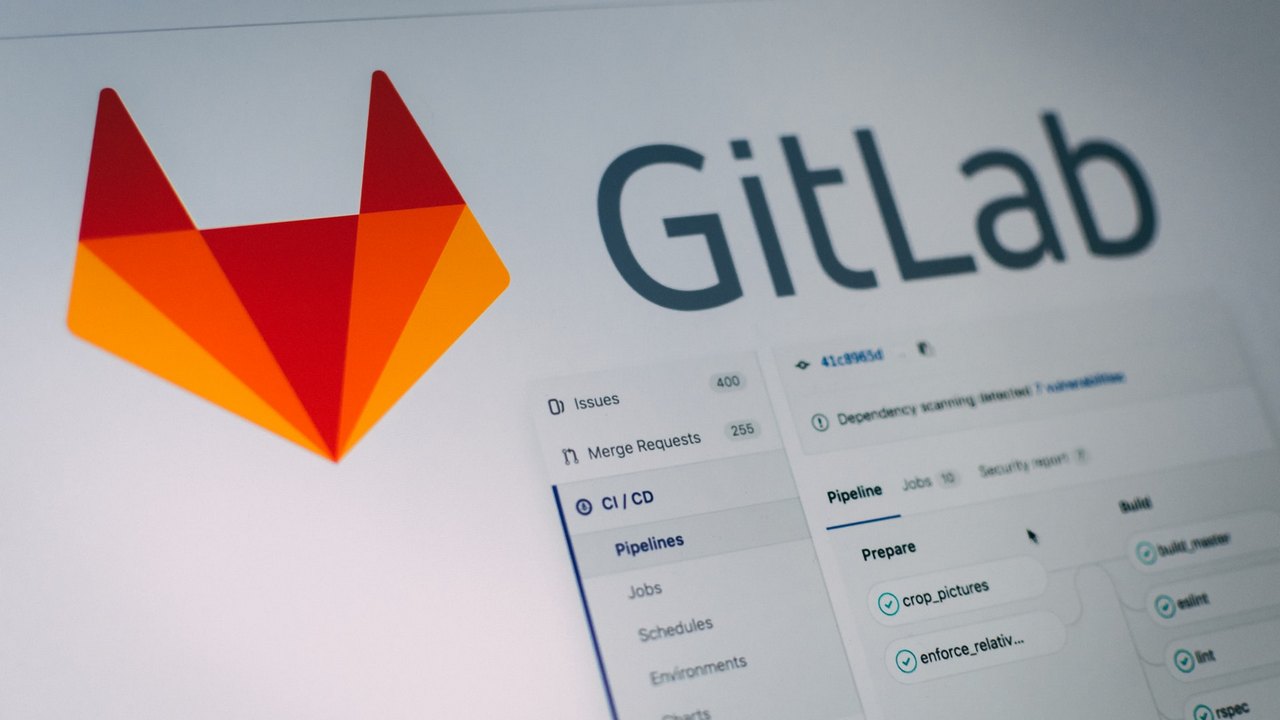Python is used in “hot” areas: machine learning, big data, creation of cryptocurrencies and blockchains, development of high-loaded sites. Google engineers, scientists, and startups write in this language. Why do IT innovators like it and what tools are worth learning Python for today?
Experimenters from science and business appreciate Python for its ability to quickly prototype applications, test and rebuild code on the fly. The Jupyter Notebook service allows you to run Python in a browser, test blocks of code in any sequence, save a log, and share it with the community on GitHub.
Python frameworks and libraries save time and keep beginners from drowning in technical trivia. The language is worth learning at least for the sake of them:
- Django, a framework for developing sites of medium to high complexity, allows you to connect an admin, work with DBMS, set up caching and security, and generate and edit forms in 2 lines of code. Where PHP site code would be confusing and cumbersome, Python keeps it clear and simple. That’s why Yandex and Mail.Ru web projects work on it.
- Pandas provides data mining for big data and other structured data. It helps scientists to find patterns and business to find trends.
- Sage – an arsenal of tools for mathematical calculations and their visualization. Replaces Mathematica and similar packages.
- Scikit-learn – works with machine learning algorithms to help create artificial intelligence that analyzes situations based on past experience.
When Python isn’t enough.
C speeds up computation and Python speeds up development. The Cython add-on, which compiles Python code into C and C++ modules, emerged in this wave.
An alternative implementation of Python called PyPy acts differently: it dynamically compiles Python scripts into machine code at runtime. PyPy speeds up programs and allows you to write a new Python interpreter for a specific project.
The Python Way
To avoid getting lost in the world of Python, start by practicing in your area of interest. Web, science, finance – pick your own and learn from coders with experience. Don’t chase theory that you’re not yet ready to digest. In this sense, going to college is delaying the start of your career. You can also study under the wing of a major IT company. – An online university from GeekBrains and Mail.Ru – trains Python developers at the middle level for a year, gives them practice and introduces them to employers from among its partners: MTS, Tinkoff, Avito, etc.
If you already know another language, you can learn the basics of Python in a couple of weeks, and build a portfolio in six months of express training. Just remember: the bigger the community the language has, the harder it is to stand out from the crowd. The only way to become a high-paying guru is to give more than others.
